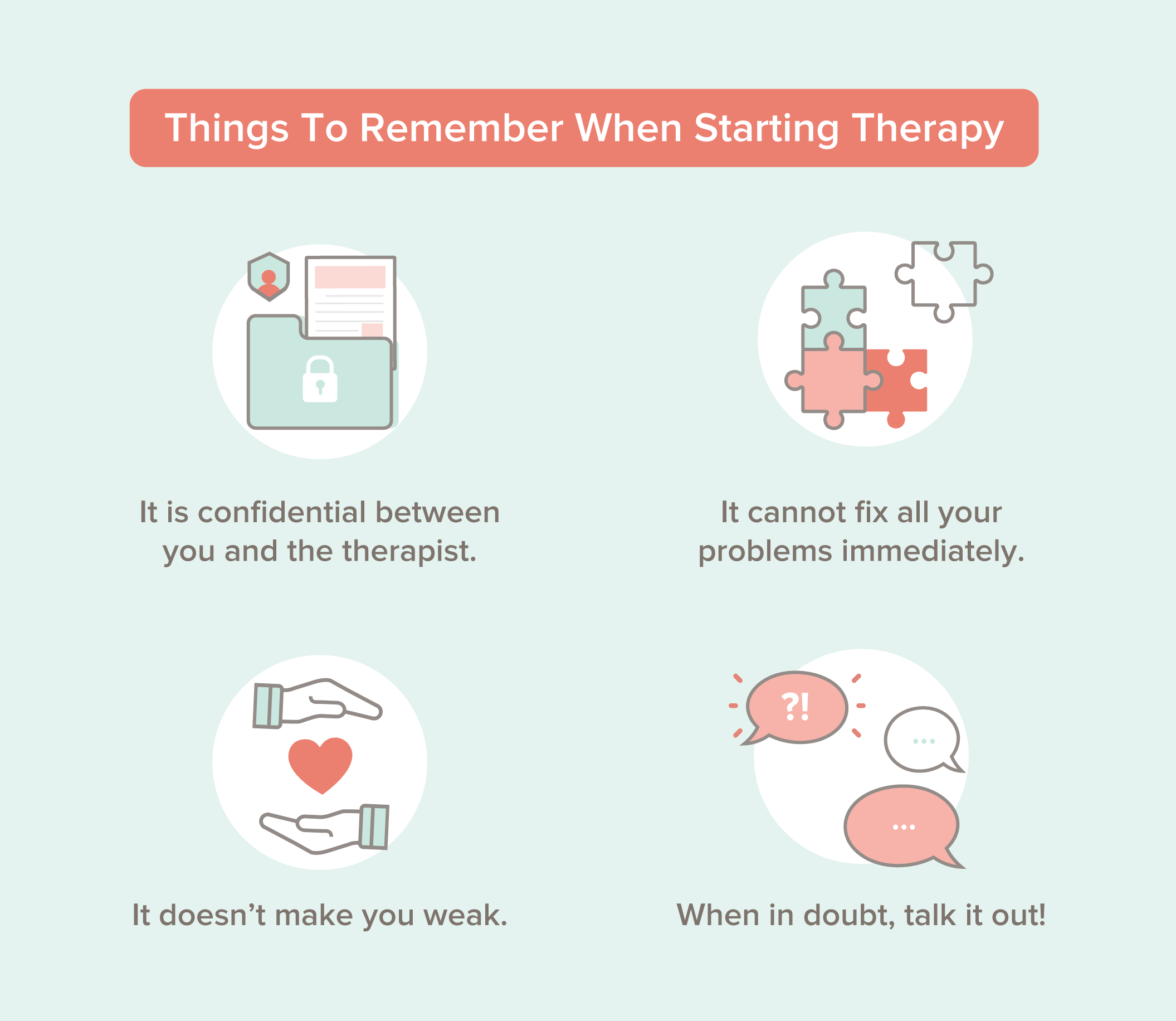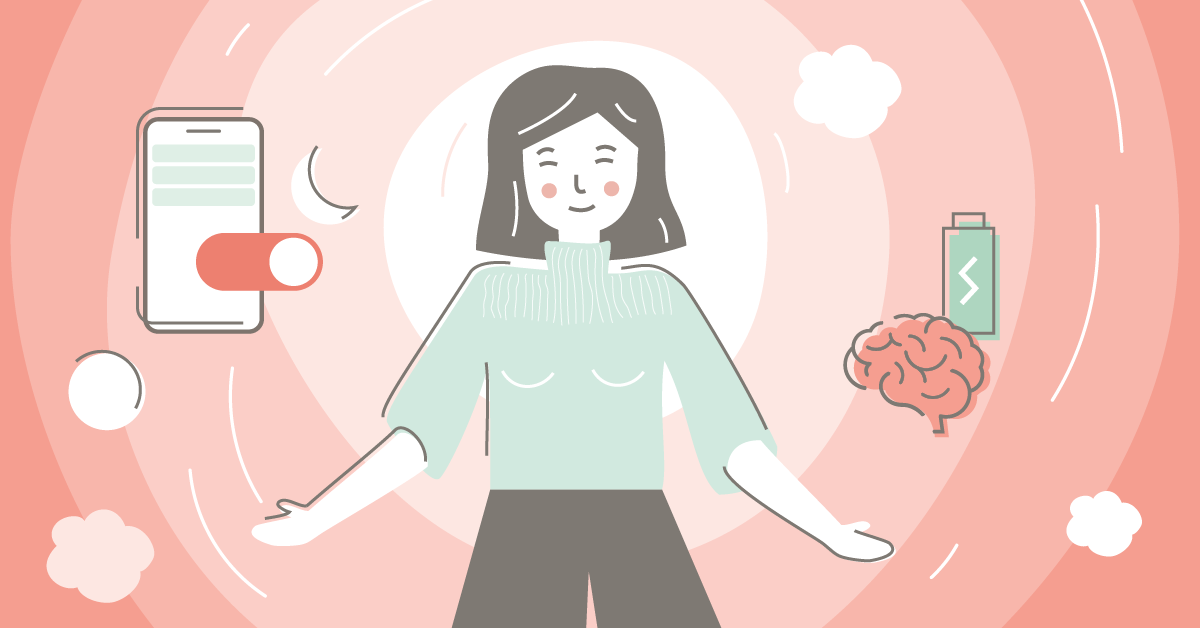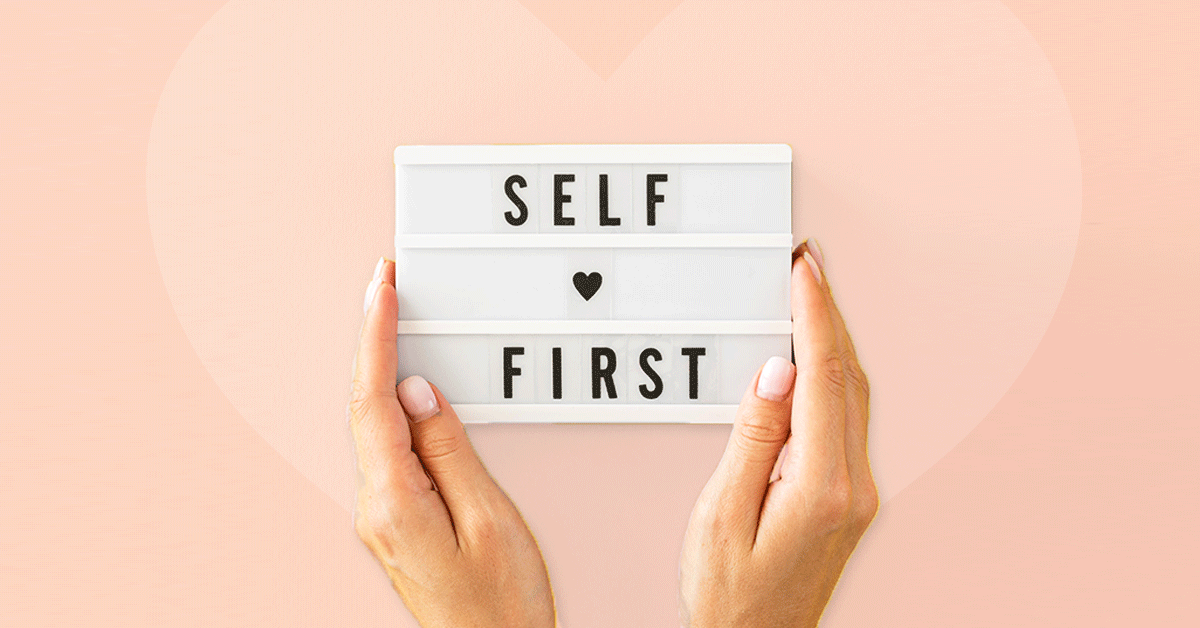Not too long ago, there were several stigmas and taboos connected with mental health problems. Those suffering were in denial and refused to accept that they could have an issue. However, in recent years, many initiatives have been taken in India including therapy and therapy sessions to promote mental health awareness and well-being.
Various NGOs, organizations, and celebrities have spoken about providing and receiving help about their struggles with depression and anxiety. The Mental Health Care Bill introduced by the Government of India in 2016 has also been a great step towards this progress. It has adopted a right’s based approach and introduced laws to protect the interests of individuals seeking mental health. Further, the Coronavirus Pandemic also highlighted mental health and aided individuals to seek help and reduce the stigma towards it.
However, there are still several misconceptions that exist about regular therapy sessions.
- “I don’t need therapy, I don't have serious problems.”
One doesn’t always need therapy only for a serious problem. It can be for all sorts of reasons like personal growth, going through ups and downs, different perspectives on things, changing habits, etc. One has to understand that through therapy an individual is provided a safe and confidential environment to process their feelings, emotions, and troubles. It is their space to process whatever it is that they would like to. It is directed towards supporting and helping the client become aware of themselves, their problems, and build coping mechanisms to deal with their past or present difficulties and sustain growth in the future.
- “If I go to a therapist, I am weak or crazy.”
Going to therapy doesn’t make one weak or crazy. I personally feel it shows courage and strength. It is much easier to live in denial and expect others to make changes for us rather than taking responsibility for our own feelings, emotions, and actions. It is important to remember that nobody is perfect and as individuals, we are all a work in progress.
- “Therapy will fix all my problems.”
Therapy is not just a quick fix. It involves expanding one’s emotional capacity and developing skills to facilitate one’s behaviour and cope with issues. It provides us with tools to help us when in situations of stress. It, therefore, is important to remember that one will not automatically start to feel better after one session. Therapy is a process that can take some time so we have to be patient through it.
- “I have supportive friends and family, so I don't need a therapist.”
One cannot deny that having a support system of friends and family is not important, however, sometimes we cannot talk to them about certain things. Furthermore, since our friends and family know us well, they will always have a biased perspective or view. When you meet a professional for a therapy session, those 50 minutes are about you. where you can share your true feelings without fearing any judgement, bias, or fear of offending someone.
- “Childhood doesn't matter.”
Many times, people feel that they are only affected by their childhood if they went through some sort of trauma. However, this is not true. Although in therapy we often focus on the here and now, our beliefs and value systems are based on and developed through our childhood. Often when working on a problem, incidents from our past or childhood that we may be holding onto, come up. Therapy, therefore, provides a space to help us process these memories and make sense of them. Therapy often is about working on the inner child that exists amongst all of us.

If anything is bothering you and you feel that you may benefit from speaking to a professional, please seek out a psychotherapist or a counselling psychologist near you. They will provide you with a non-judgmental empathic space where you can speak about whatever you want to without any discrimination. There is no point simply being aware of your difficulties if you don’t do anything about them! No one needs to suffer alone.





